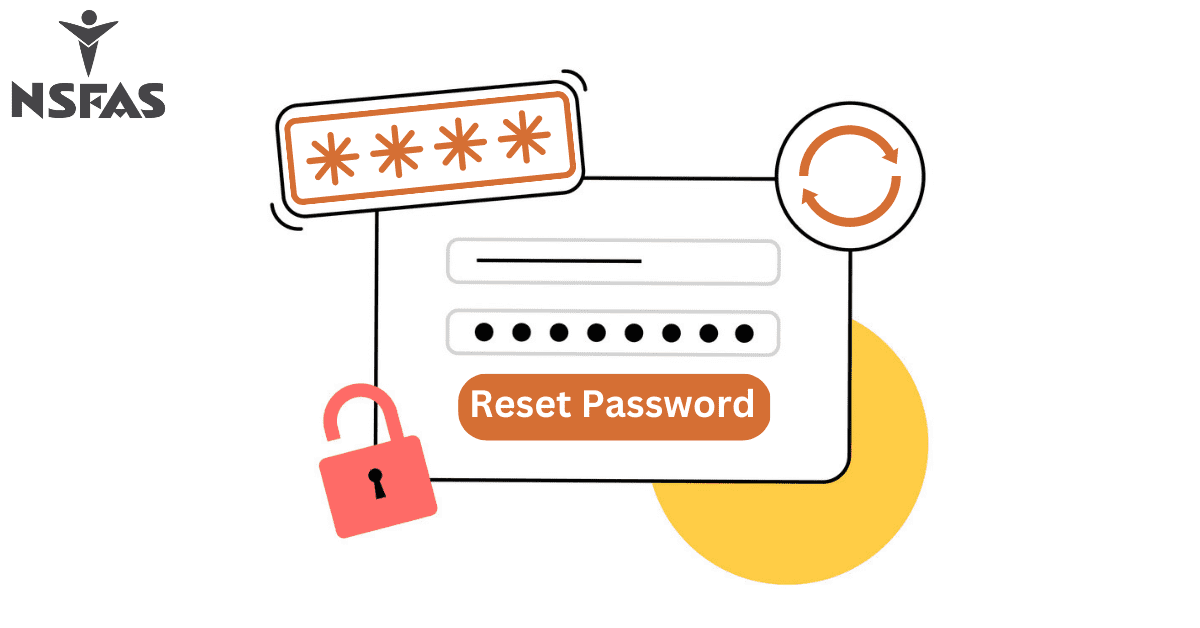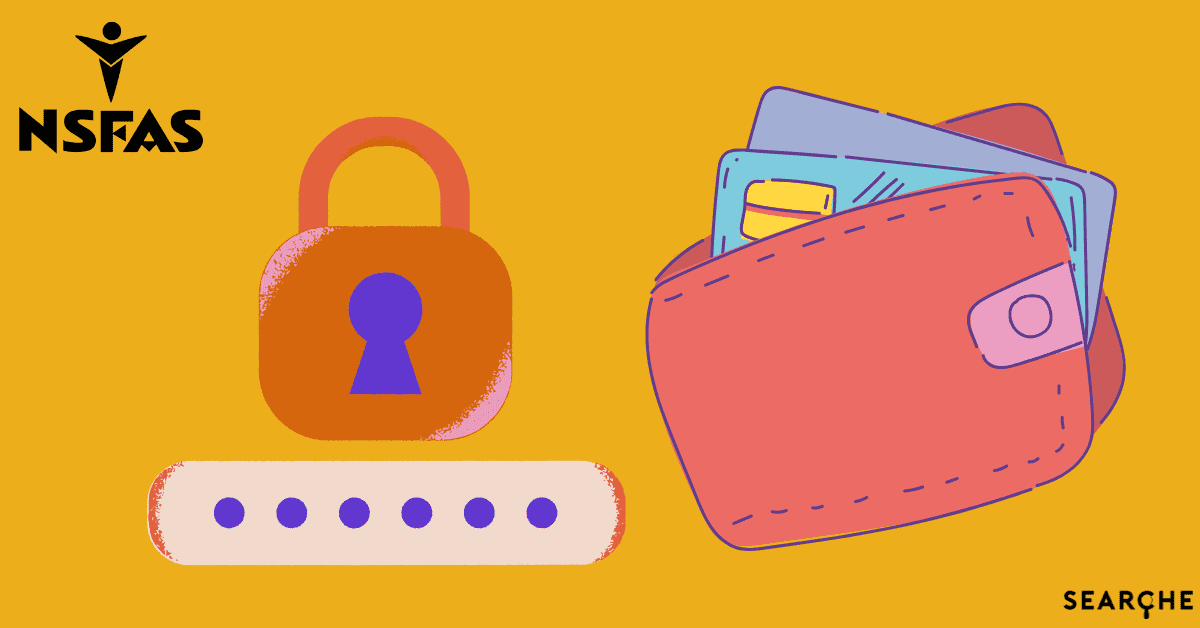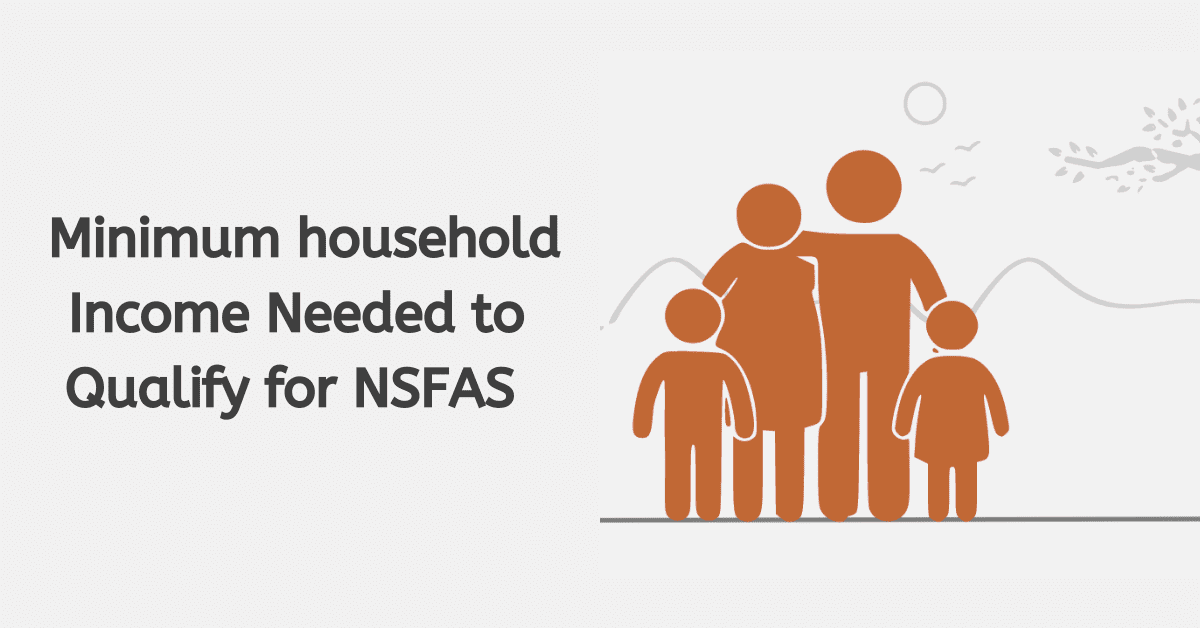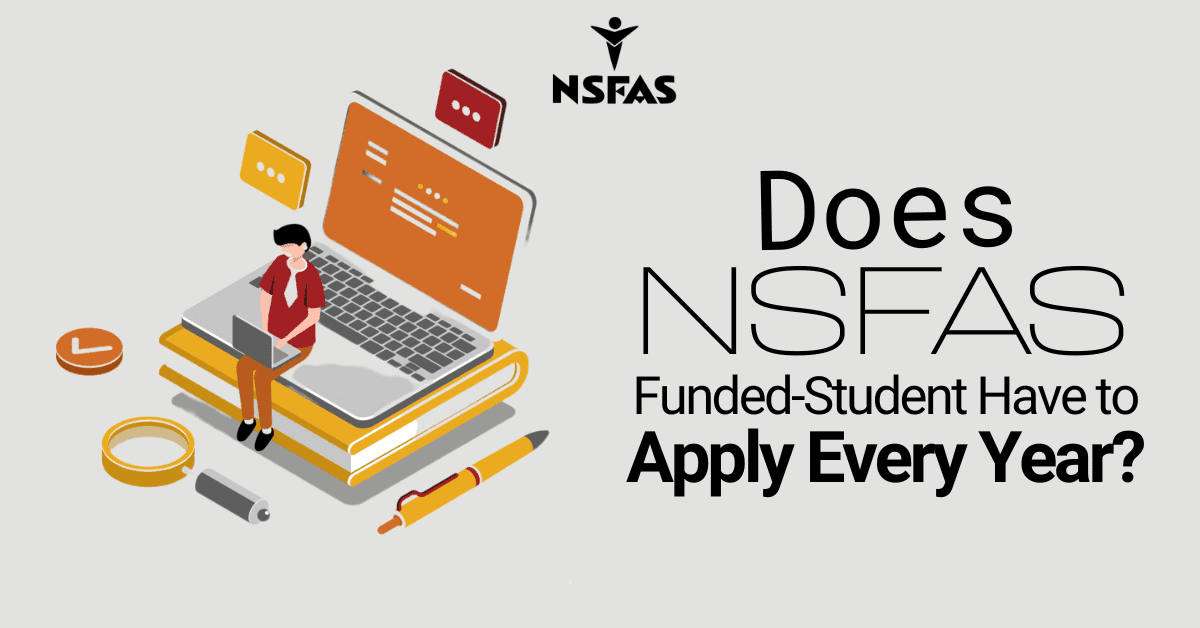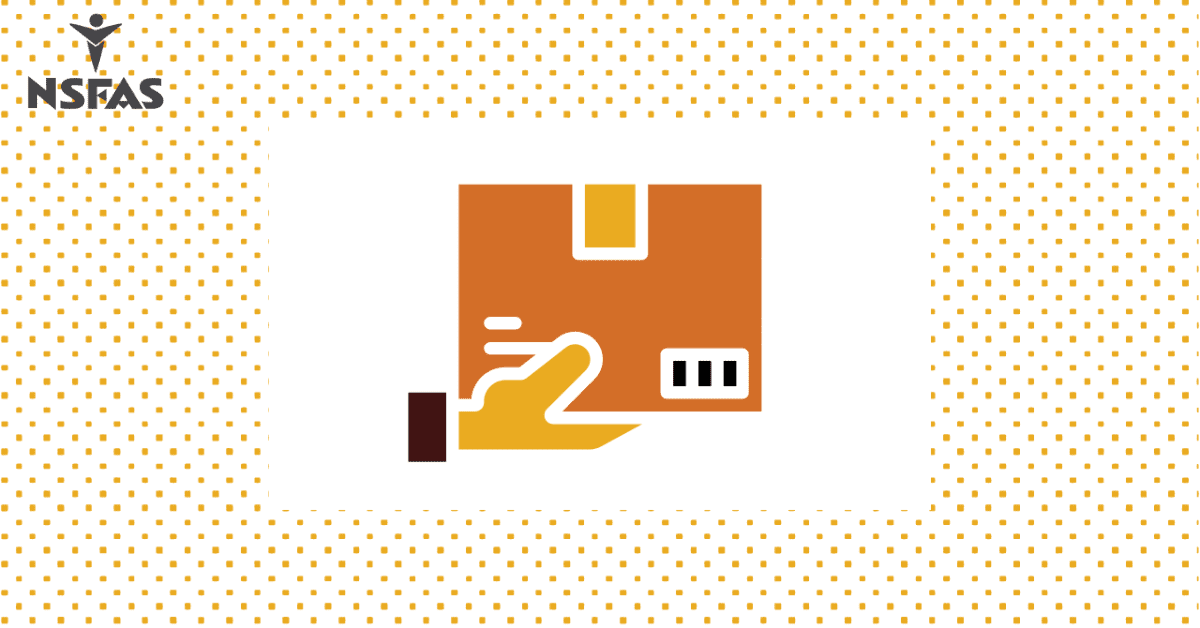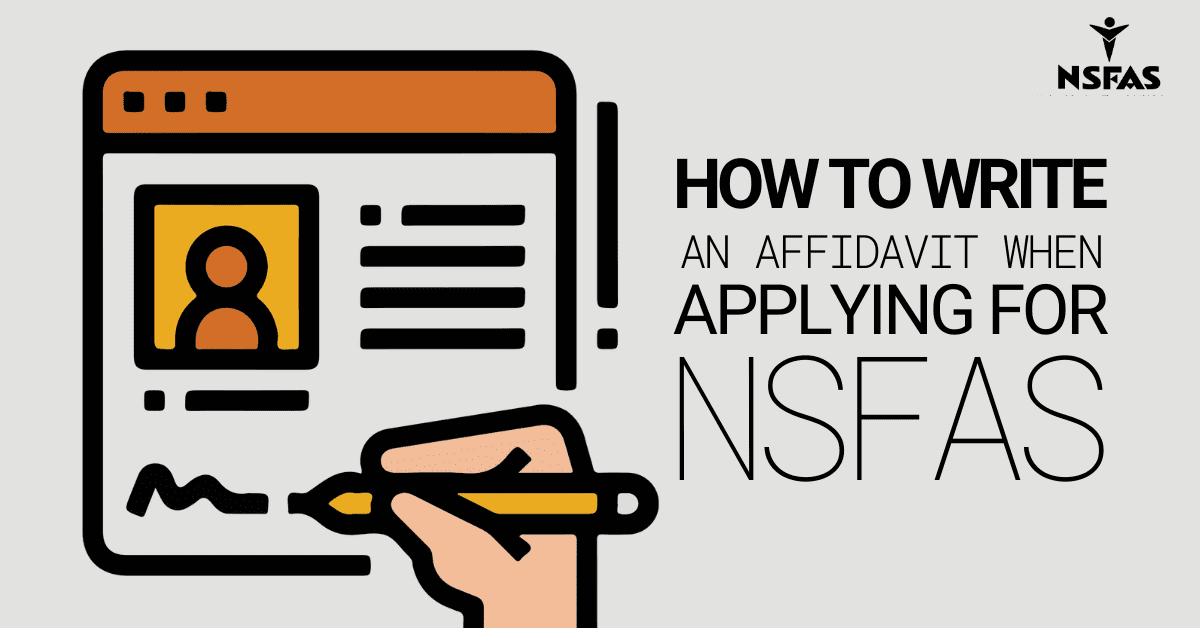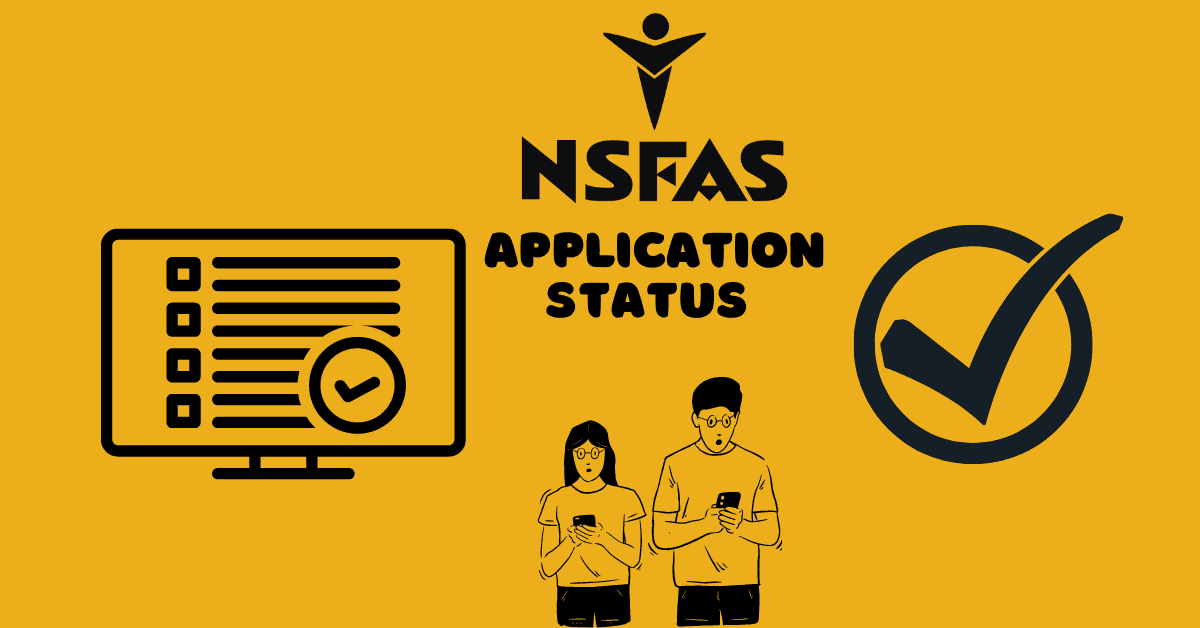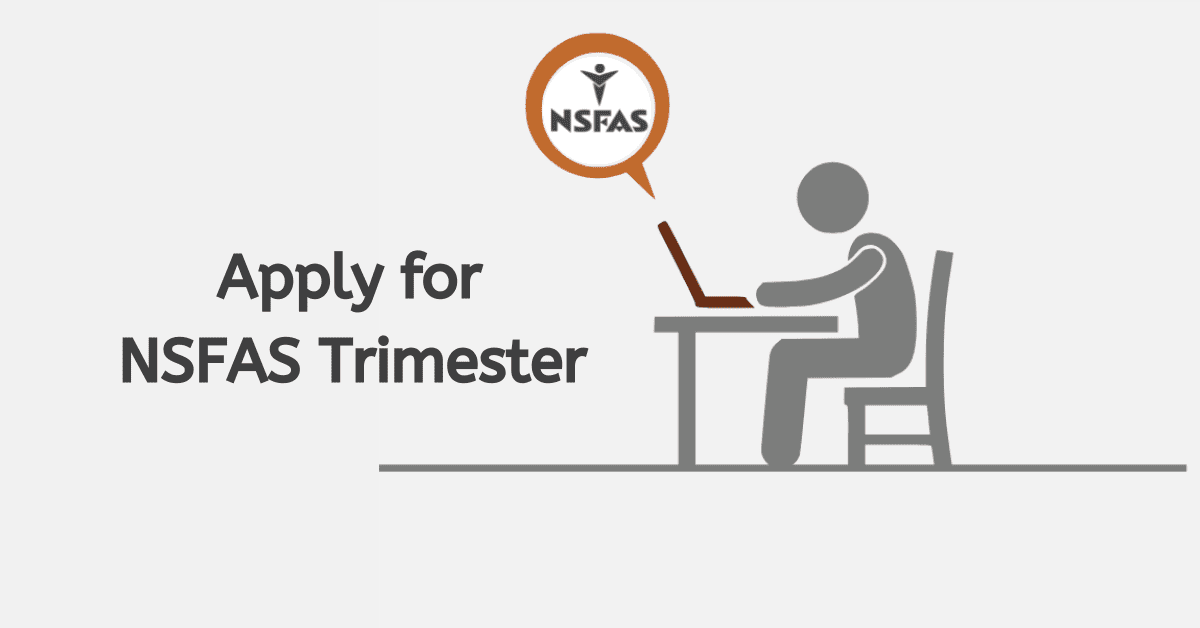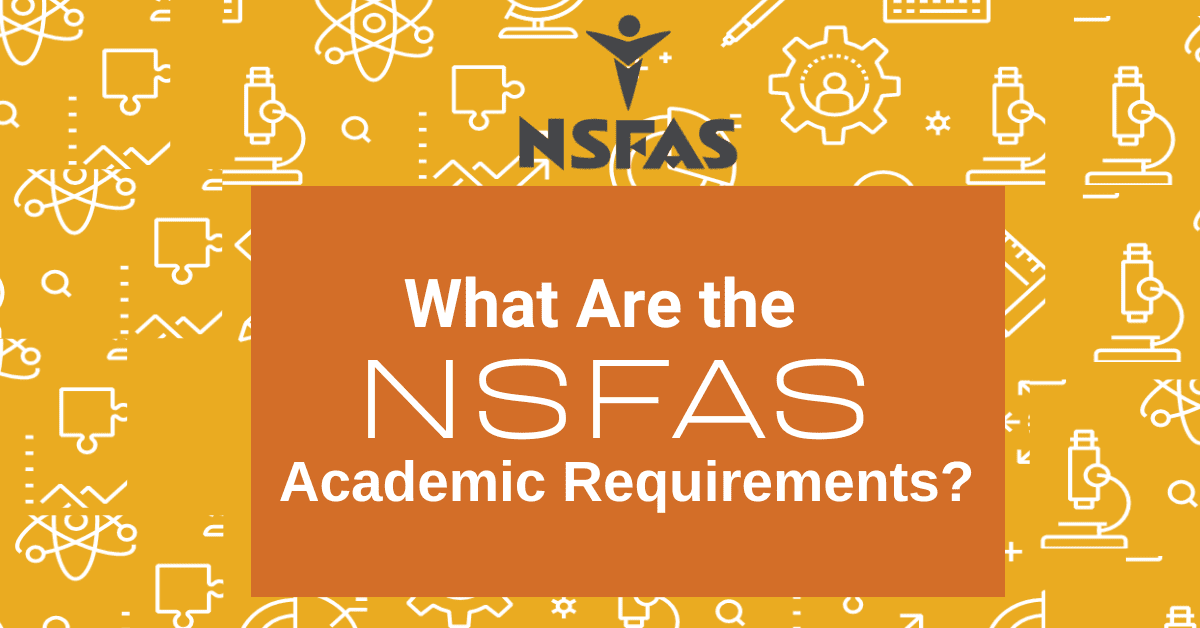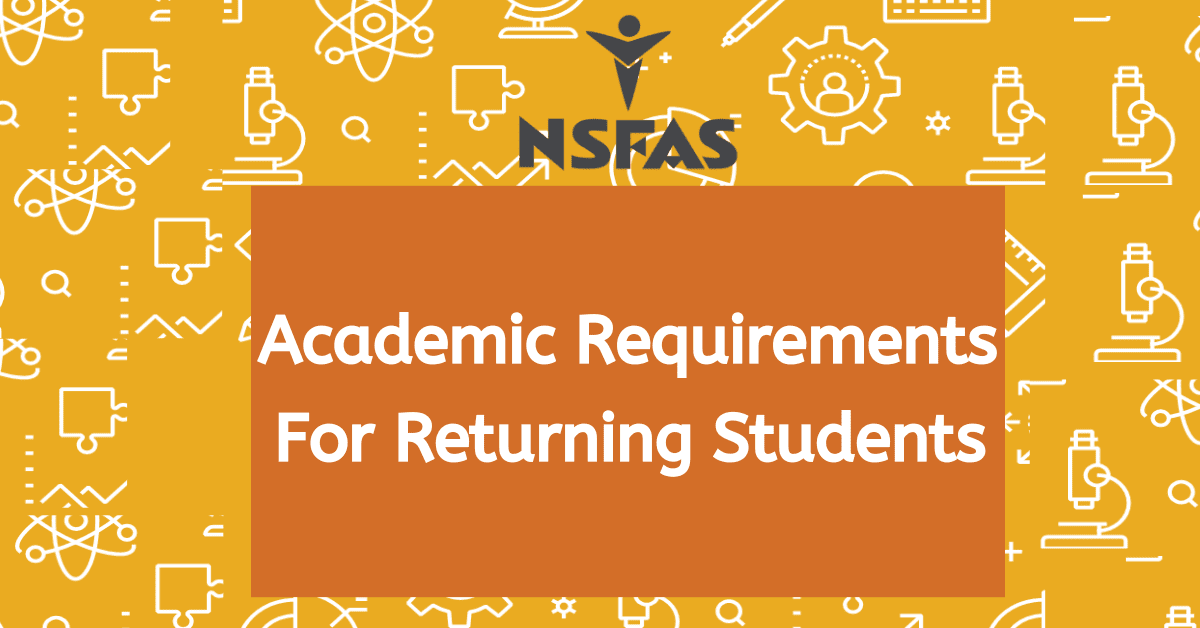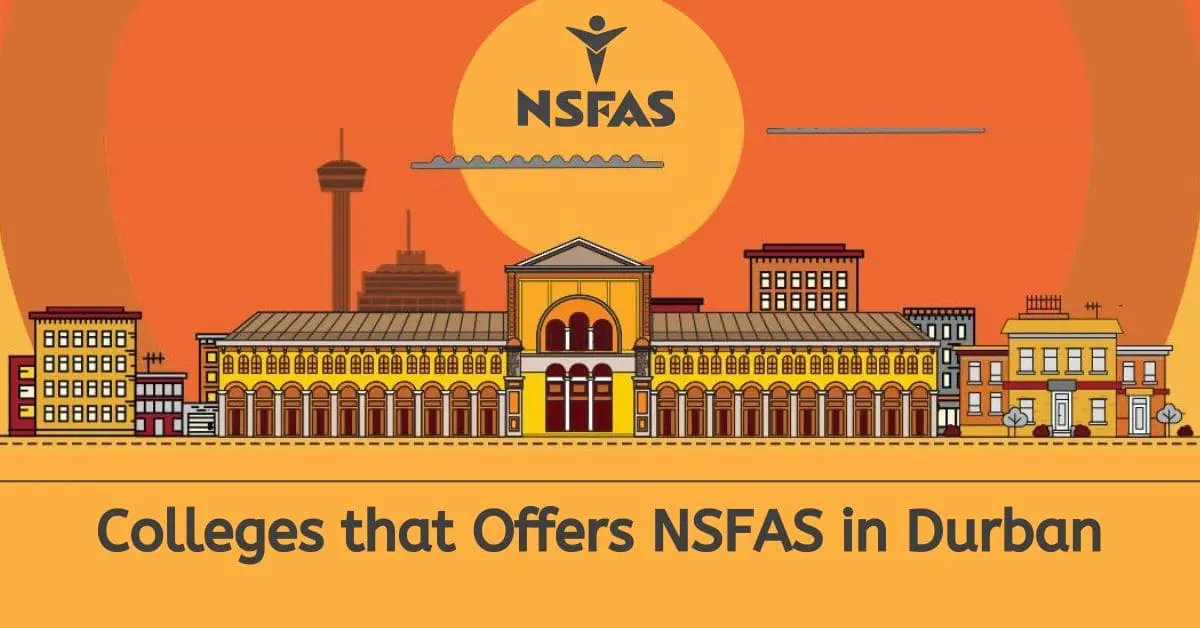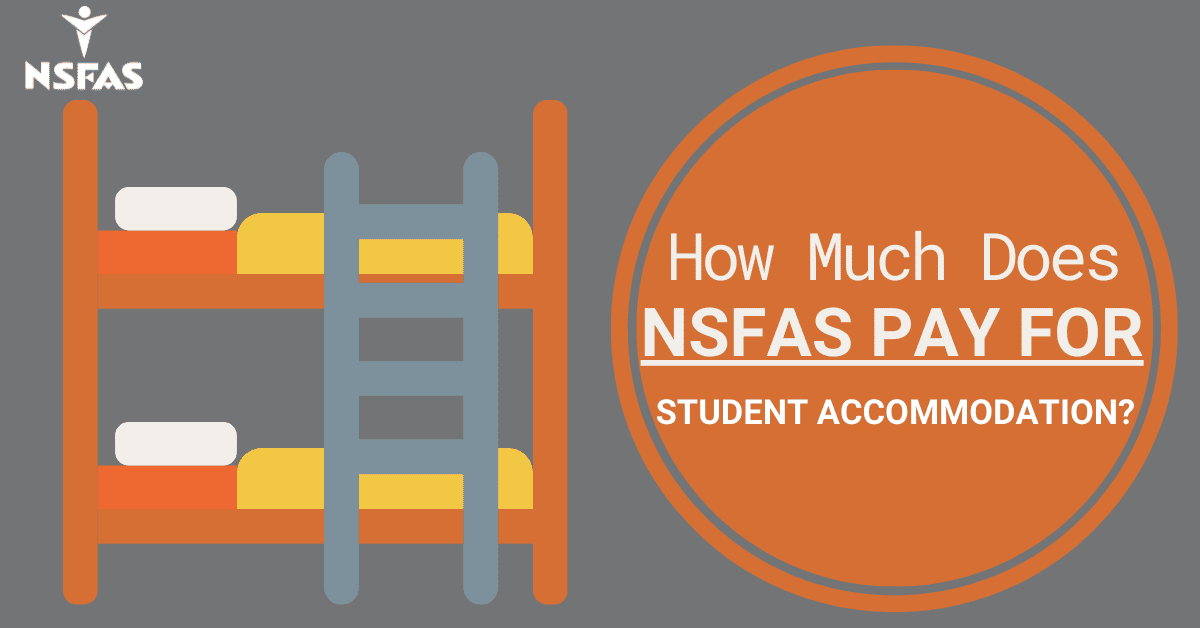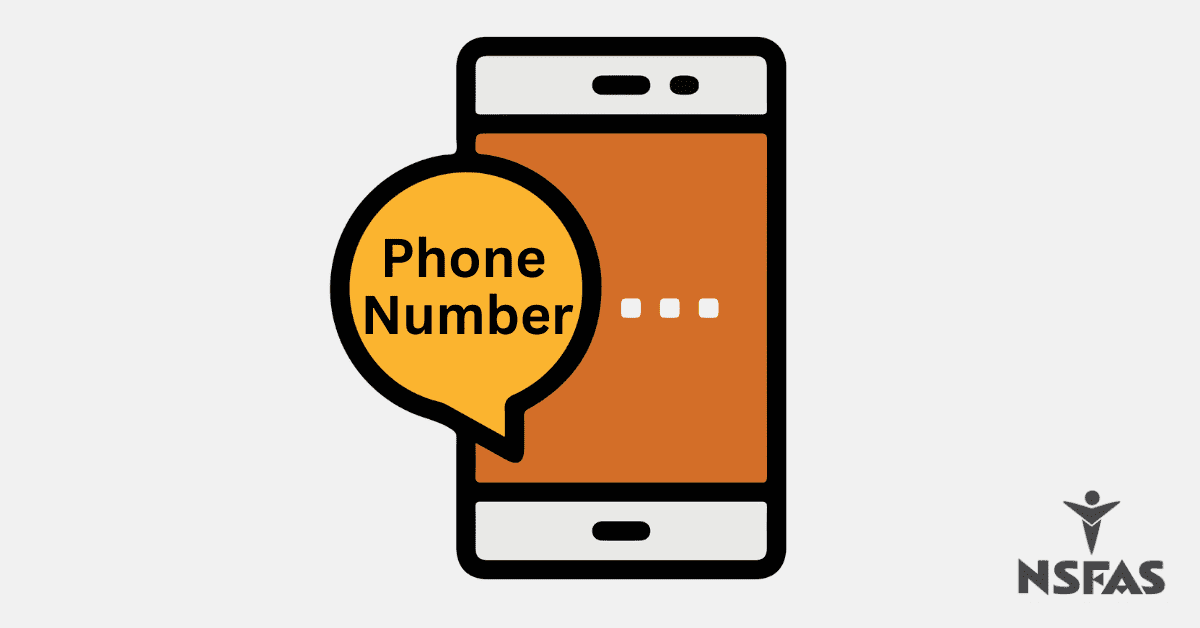The rules and regulations regarding the NSFAS bursary can be confusing at times. The focus and vision of NSFAS are to ensure they meet their target by ensuring all students who applied for funds confirming the validity of their documents can be in their respective tertiary.
The national student financial aid scheme is focused on supporting students who do not have enough funds to be tertiary students.
NSFAS does not state academic targets for individuals but expects all students or applicants to meet the requirements. The requirements do not focus on your academic excellence but on the details provided on your capacity and your ability to complete tertiary in the required qualification period.
What is NSFAS N+1 Rule?
Students who may not be able to complete their tertiary education within the year provided by the institution can find themselves wanting. As it has been established, NSFAS only funds students within the 3 to 4-year degree/HND qualification. If you are looking to finish your degree in 4 years but due to some reasons you may need an extra year, your NSFAs application may come to a halt. It can be a complicated situation, and therefore the need to understand what the N rule of NSFAS is all about. This is why we try to update and educate prospective applications and students about the NSFAS process and requirements.
We will be looking at the N+1 rule of NSFAS and other related topics.
According to the N+1 rule, students only have N+1 years to complete the requirements for their degree. The N refers to the minimum number of years allotted to achieve a qualification, and +1 refers to the additional year that a student may require and use in order to successfully complete the qualification.
For instance, if the required time to finish a qualification is four years, the institution will let you extend that time to five years, with the fifth year being denoted by the symbol +1.
If the National student financial aid scheme tells you that your application for financial assistance was denied because you have exceeded the N+1 rule, this indicates that you have been in school for a period of time that is longer than the bare minimum required to earn your qualification, in addition to the additional year that you have been given to complete it.
In addition, it is essential to keep in mind that the N+1 rule is not based on the number of years that a student has been financially supported; rather, it is based on the number of years that the student has been registered f or tertiary study at any public university in South Africa, regardless of whether or not the student has changed institutions.
This means that the number of years already registered for the qualification will be counted as part of the N for any student who has transferred from one public university to another, regardless of whether they were funded by NSFAS at the first public university they attended. This applies even if the student was not receiving NSFAS funding at the first public university they attended.
Does NSFAS Fund N+1?
The National Student Financial Aid Scheme (NSFAS) has a provision called “N+,” which stands for the minimum number of years each student is given to finish their education. If a student goes over the allotted number of years without completing their program, they will no longer receive financing.
Each school year, this regulation has the effect of depriving a significant number of students of the financial resources necessary to pursue their educational goals. When it comes to providing financing, the NSFAS can take into consideration pupils who fall within the N+1 rule’s parameters.
Can you appeal N+ rule NSFAS?
According to the NSFAS, the disbursement of the fund is intended to cover the entirety of your time spent in school. If you are enrolled in a four-year degree program but realize that you will not be able to graduate within the allotted time frame, the NSFAS may have to reevaluate whether or not they would pay you for the fifth year of your education; however, this option requires an appeal.
Does NSFAS Fund N rule?
There have been several conversations surrounding the NSFAS fund on the N rule. NSFAS has made it clear that the N+1 rule takes into account all of the years that a student has been registered for tertiary education at any public university in South Africa. This rule does not take into account whether or not the student received funding from NSFAS during those years. This guideline is also applicable despite any changes made to the institution.
What does exceeded N+ rule enrollment mean?
Exceeding, in general, means you have consumed the given amount of time. In this context, we are looking at the NSFAS funding and enrolment period. Students who exceed the N+ rule are not entitled to compulsory NSFAS funding. To further say, the enrolment period must match your funding period and must not exceed the required period to complete your qualification.
If you do exceed the N+ rule during the enrolment period, it means the time to finish your tertiary education is more than the time given by your institution.
